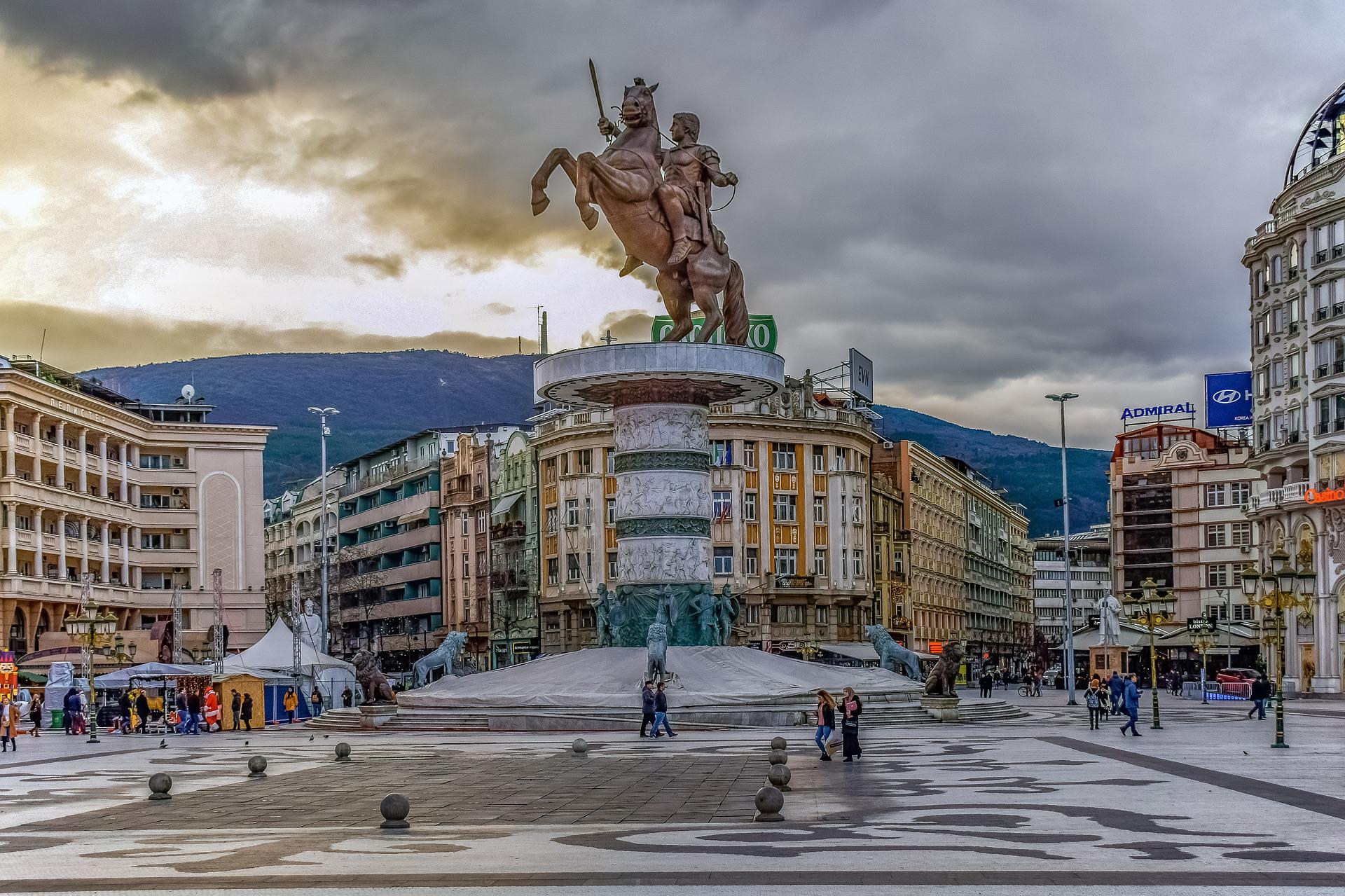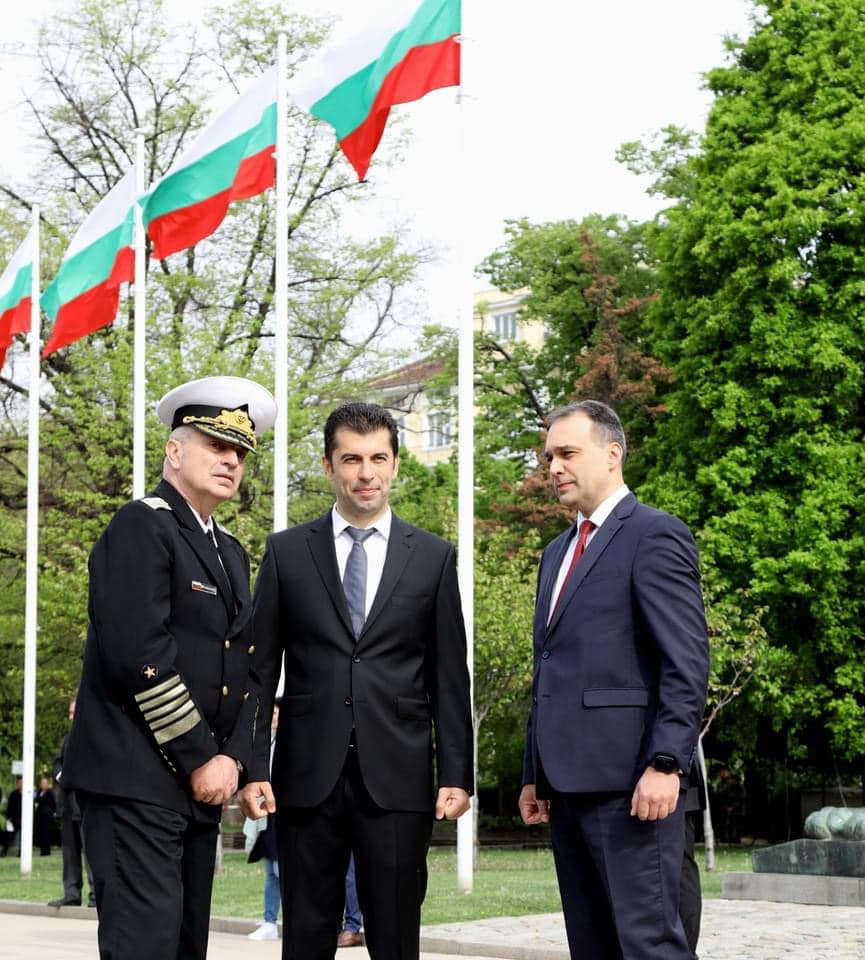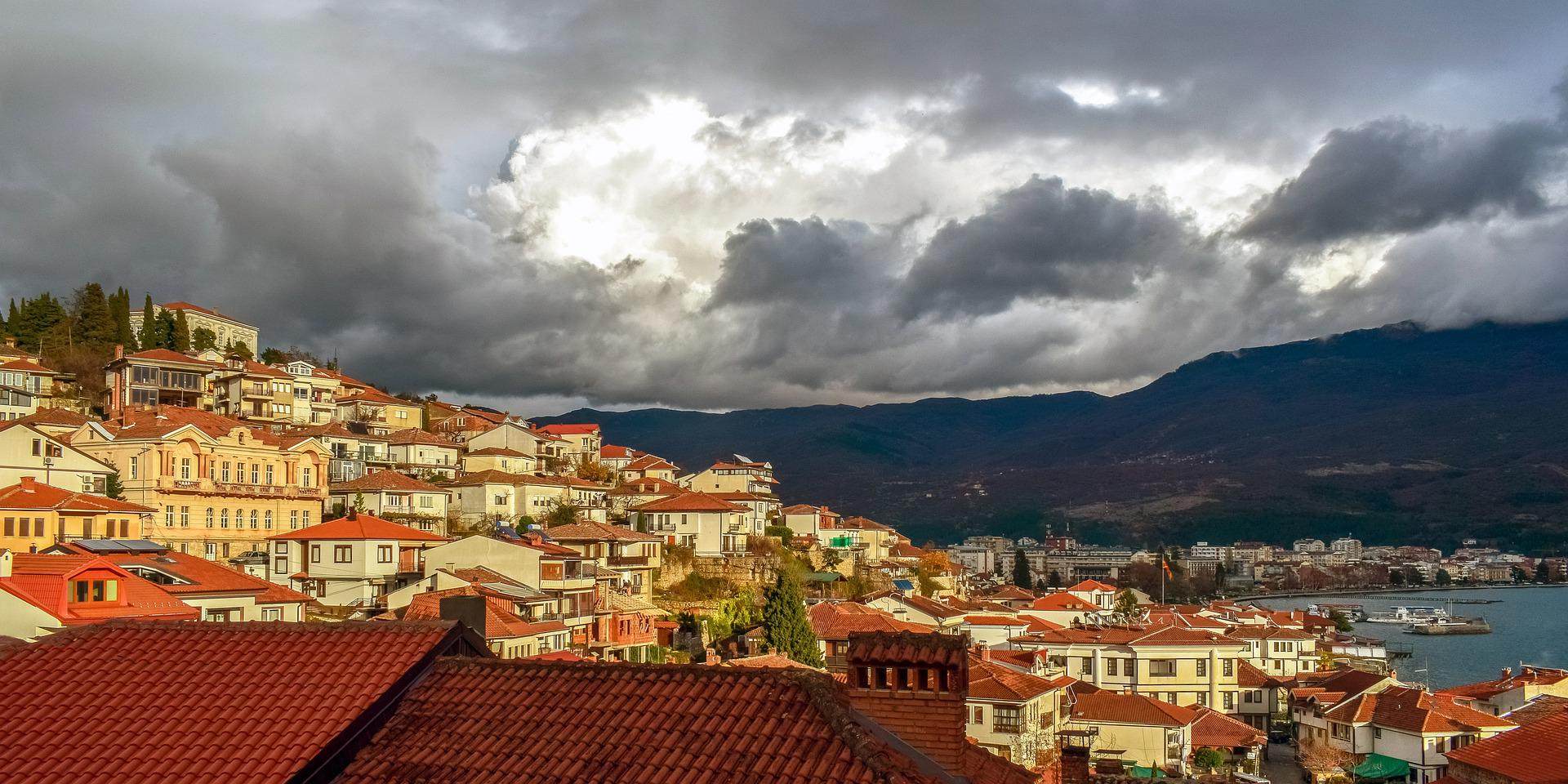
As Bulgaria blocks North Macedonia's EU accession, will Skopje drop its integration plans?
North Macedonia is hoping that its EU accession talks may begin during the current French EU presidency, but these hopes are fading as Paris will pass on the rotating presidency at the end of June. The situation is further exacerbated by the fact that Bulgaria remains opposed to the process.
Bulgaria maintains its veto
As a joint meeting between the governments of Bulgaria and North Macedonia has been postponed, it looks increasingly likely that Skopje cannot begin its EU accession talks. If everything had turned out well, the negotiations could have been started in June at an EU summit during the French presidency. The Bulgarian government, however, opposes the accession of the small Balkan country. Previously, V4NA reported that Bulgaria would expect clear guarantees in return for its support, including enshrining the rights of ethnic Bulgarians living in North Macedonia in the country’s constitution. Another requirement is achieving progress regarding their historical disagreements, and doing away with hate speech against Bulgarians in North Macedonia. Some Bulgarian politicians question both Macedonia’s identity and language. President Radev and others believe that the roots of Macedonian people, as well as the country’s language, are connected to the Bulgarians.

Photo: Facebook
Sofia expects improvement re situation of Bulgarian minority
The Bulgarian government refuses to attend a joint summit until it sees progress regarding the rights of the Bulgarian minority living in North Macedonia. Bulgarian PM Kiril Petkov expects Skopje to provide institutional guarantees for the protection of these rights.
„The truth is this: I think all Bulgarians know that North Macedonia’s place is in the EU, but they also know that the rights of Bulgarians living in North Macedonia must be protected. We want to get rid of these political disputes and we are working on the matter. I expect the government of North Macedonia to take steps aimed at promoting the rights of the Bulgarian minority in the near future.”
the prime minister said.
PM Petkov’s cabinet chief has also expressed similar views. According to the daily Politika newspaper, Lena Borislavova confirmed that the joint meeting to be held in Skopje has been postponed. As she put it: for the time being, they do not see any concrete documents that would help in bringing the two countries’ views closer.
Despite the Bulgarian statements, North Macedonia’s leadership still hopes to be able to settle its disputes with Sofia through bilateral negotiations. This would pave the way for the start of EU accession talks during France’s EU presidency. With a tinge of irony Bulgarian leaders have remarked that Skopje could indeed start accession negotiations with the EU during the French presidency, but only when the rotating presidency returns to Paris, which is unlikely to happen until 2030.
North Macedonian open to settlement
The need to settle the situation of the Bulgarian minority is shared by North Macedonia’s leadership. As their prime minister has said earlier, he would be willing to negotiate the constitutional amendment requested by Bulgaria, but not now. According to PM Dimitar Kovachevsky, the process of accession to the EU will require the constitution to be amended on several points, so they could only take the step requested by the Bulgarians once the negotiations have started. In other words, it is precisely because of Bulgaria’s stubbornness that the situation of North Macedonia’s Bulgarian minority is pending resolution at a constitutional level, he added. In this vicious cycle between the two countries, one of them will have to make concessions sooner or later.
Skopje is in a difficult situation. Even though the North Macedonian government is leaning toward agreement, amending the constitution requires parliament’s backing and approval, which also necessitates the support of opposition parties. The demands of the neighboring country are unacceptable to the VMRO-DPMNE party alliance (Internal Macedonian Revolutionary Organization – Democratic Party for Macedonian National Unity). Even if the right-wing party, led by Hristijan Mickoski, agreed to the proposal, they would still not be able to vote for it, as their representatives are boycotting the work of the legislature. In the 120-member parliament, this VMRO-DPMNE has 44 members, more than a third of all seats. Without them, it’s impossible to resolve the situation.
The words of North Macedonia’s PM also appear to be confirmed by Serbia’s example. Belgrade amended Serbia’s constitution in line with EU requirements this January, when the country’s EU accession process was well under way. Before the amendments Serbia held a referendum, which cost the country a great deal of money and effort. According to analysts, it would not be feasible for North Macedonia to amend its constitution several times, in line with the requests of each country.
Will North Macedonia drop its plans to join EU?
The constitutional amendment requires at least a two-thirds majority in North Macedonia’s 120-seat parliament. The blockade, according to some analysts, has made it more likely that North Macedonia will hold a snap election in September than the prospect of amending the constitution. If that was the case, experts believe Skopje would focus more on the vote in the coming months, allowing the EU integration process to slide to the back burner. Nevertheless, the Macedonian government is still optimistic about the future. They believe that they can soon begin their integration talks with the EU, although there are no specific dates. This, of course, would require a softening of policy from the Bulgarian side which, based on their current statements, seems unlikely.

Source: Pixabay
However, there are even more pessimistic voices in Skopje. According to Deputy Prime Minister Bojan Marichic, the current situation could prove detrimental for Bulgarian-Macedonian relations and cause damage not only to the entire Western Balkans region, but to the European Union, as well.
The foreign minister has gone even further. Bujar Osmani threatened the EU that if North Macedonia could not start accession talks with Brussels in June, the country would consider withdrawing its application for EU membership.
North Macedonia submitted its application on 22 March, 2004. The European Commission gave a favourable opinion on 9 November 2005 and the country was granted candidate status by the European Council in December 2005. A decade and a half later, in 2020, European affairs ministers of member states gave their political approval, green-lighting the commencement of North Macedonia and Albania’s accession talks, something that has never happened because of the vetoes of individual member states. First the Greeks, and now the Bulgarians are obstructing the process.
Bulgarians in North Macedonia name association after a fascist
While Bulgarians are blocking Macedonia’s EU integration process citing a lack of respect for minority rights, another contentious issue has arisen between the two countries. The ethnic Bulgarian community named their cultural centre in Bitola, the second largest city in North Macedonia, after a fascist and Nazi sympathiser. Analysts say this is clearly a provocation against Skopje. They believe that by doing so, Bulgaria is testing the patience of Macedonia’s leadership: should the government take action in the matter, they would be branded as being anti-minority rights and the position held by Bulgaria would be justified, at least in Sofia’s view.
Macedonian PM Dimitar Kovacevski expressed disappointment that the association was named after Vanco Mikhailov. In his parliamentary speech, he stressed that it was acceptable for any neighboring nation whose members also live in Noth Macedonia to form a cultural association locally, but that he could accept that the centre should be named after such a person.
„How do I feel? Not well. I was very upset when the Bulgarian state leaders, accompanied by the Macedonian citizens of the city of Bitola, have named a cultural centre after such a person, carrying both the image and the name of that person with them,” PM Kovacevski said, in response to an MP’s question.
The Vanco Mihajlov Macedonian Bulgarian Cultural Centre was opened in Bitola in mid-April, with the attendance of several high-ranking Bulgarian politicians, including Bulgarian Prime Minister Kiril Petkov and his deputy.
For North Macedonians the namesake is a decidedly negative figure, who collaborated with the Nazi and fascist regime and, as they say, caused enormous damage to the Macedonian people.
”This man took part in executions and helped to defeat Macedonia’s revolutionaries. He was involved in the deportation of Macedonian Jews to death camps during World War II. This is a huge, horrible and unforgivable sin,” the North Macedonian prime minister said.
Joining forces against the veto
Bulgarian and Macedonian intellectuals have come together in a club in recent weeks. They are asking the two countries’ leaders to settle their bilateral issues and to reach agreement on matters of identity. As they put it, Bulgaria has been blocking Skopje’s European aspirations for two years in an unadulterated Balkan style, all in order to „Bulgarianize” the Macedonians and, in fact, force them to accept that North Macedonians were actually Bulgarians before 1945. Macedonians, on the other hand, say they have always spoken their own language, even before 1945.
However, the origin of the North Macedonian language is not the only contentious issue between the two nations. During World War II, Bulgarians occupied what is now North Macedonia and many still vividly remember the bloodshed caused by the aggression. Sofia has made a specific request, asking Macedonians to no longer use the term Bulgaria’s fascist occupation, but rather talk about these times as an era under Bulgarian administration. There is also a debate over whether some of the heroes were Macedonians or, as Sofia puts it, Macedonian Bulgarians.
At the beginning of this year, the prime ministers of Bulgaria and North Macedonia began making strides towads normalising the two country’s relations. They said their goal was to revitalise bilatertal ties with „new energy.” However, this has not happened yet. In fact, taking advantage of its EU membership, Bulgariacan easily blackmail Skopje saying North Macedonia will remain in the EU’s ante-chamber as long as it decides not to fulfill Sofia’s requests.
This isn’t the first serious hurdle North Macedonia has faced on its way to the EU. At the beginning of the process, it had similar disputes with Greece, forcing the leaders of the tiny Balkan state to change the name of their country.

